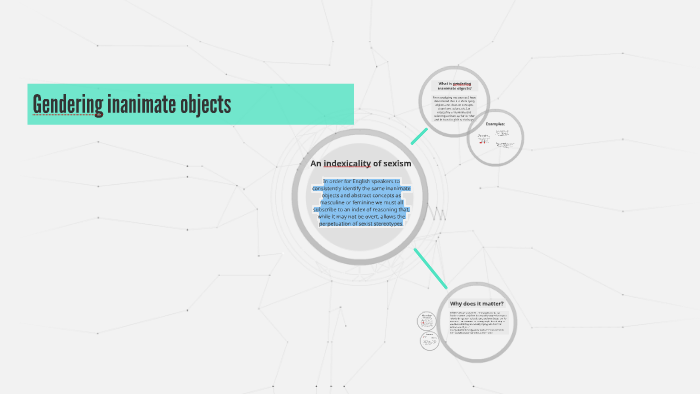

One might actually be witnessing erosion of gender in languages like French - whereas to speak formally you might say "la quiche est delicieuse" - "the quiche(fem) is delicious(fem)", you could informally say "la quiche, c'est deliceux" or "c'est delicieux la quiche" - "the quiche (fem), it's delicious (masc/neuter)" or "it's delicious (masc/neuter), the quiche". Over time these complex systems "collapsed" into fewer, larger gender groupings and what Latin calls "declensions", and by the time you get to modern romance languages the only division that is left are ones based on gender. It is entirely likely that thousands of years ago, European languages operated on a similar system with very logical groupings. If you compare a language like Swahili, it has 14 classes of nouns - one for trees, one for people, one for inanimate objects, one for animals, etc. The simplest answer for why this system arose is that these genders are leftovers of a much broader and more complex system. The agreement patterns of gender - adjectives, articles and sometimes even verbs are cross-referenced by the gender of the nouns in the clause - provide a little redundancy that helps the listener recover a message that might have gotten a bit garbled. The redundancy might seem inefficient, but since all communication happens across noisy channels, you end up saving time with the check, vs. Within each packet is redundant information used to verify the integrity of the packet once it reaches its destination. Every single chuck of data that passes across the internet is divided into little bits called packets. The main reason gender persists is because of that effectiveness I mentioned above. Some are classed merely based on what sounds the word ends in. Some of those will have cultural reasons, but some of them will be classed for reasons that are lost to time. The word "gender" just means "class." Different nouns end up in different classes according to some system, but any language that has this also has a large number of nouns which end up classed according to much less obvious reasons. inanimate (with, of course, exceptions "knife" in Blackfoot is animate) or some languages have a dozen genders with no relationship to sex at all (see Swahili or practically any other Bantu language). There are other gender systems in the world which operate quite differently. It's an accident of the gender systems you happen to know about that they match up with sex. It has to be balanced among other considerations, such as reliability.Īre there logical reasons a pencil needs to be female and a backpack has to be male that I just have no concept of?

Simplicity is certainly a goal, but not the only one. It seems like it would be in everyone's best interest to make communication as simple as possible.Ĭommunication needs to be as effective as possible.


 0 kommentar(er)
0 kommentar(er)
